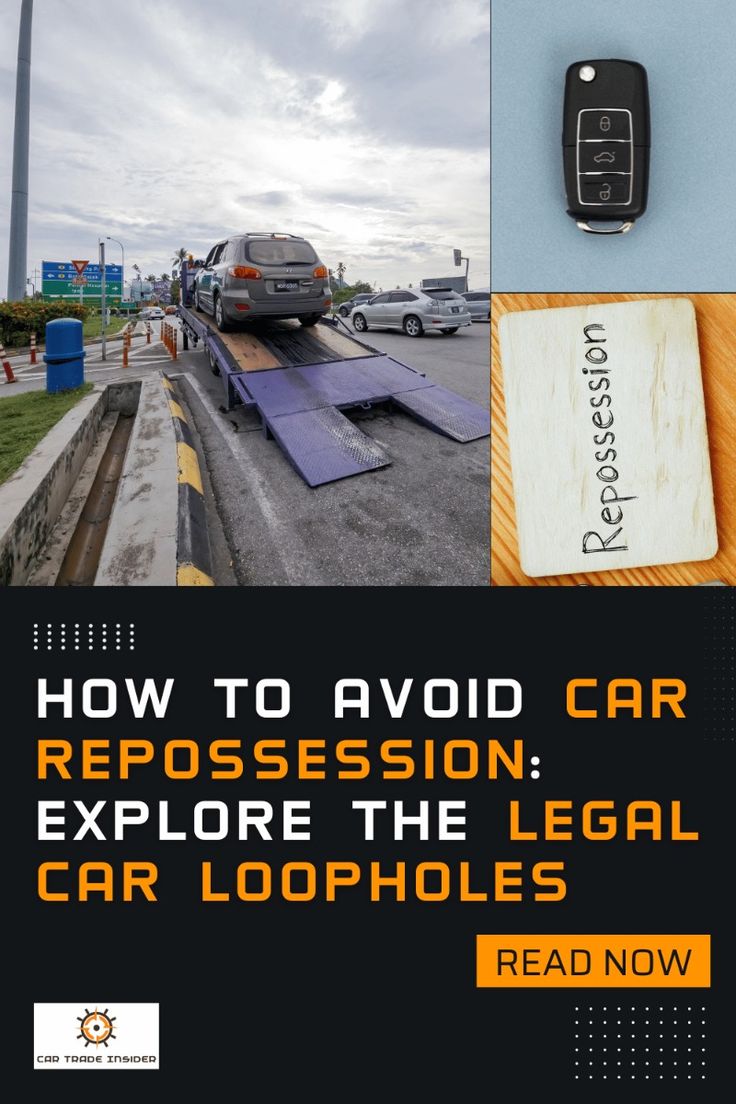Headline: "Navigating the Market of Repossessed Cars: What Buyers Need to Know Before Making a Purchase"
Introduction:
Repossessed cars are becoming an increasingly popular option for budget-conscious buyers looking for a good deal on a used vehicle. These cars, often taken back by lenders due to loan defaults, can be found at significantly lower prices than similar models on the market. However, while the prospect of purchasing a repossessed car might seem enticing, it comes with its own set of challenges and considerations. This article will guide you through the process, offering tips on how to make an informed purchase and avoid common pitfalls.
Understanding the Repossession Process:
When a borrower fails to make payments on their car loan, the lender has the legal right to repossess the vehicle. Once repossessed, these cars are typically sold at auction, often at a lower price than their market value. This can be an attractive option for buyers, but it’s important to understand the history and condition of the vehicle before making a purchase.
Pros of Buying a Repossessed Car:
-
Lower Prices: Repossessed cars are usually sold for less than their market value, making them an appealing option for buyers on a budget.
-
Potentially Newer Models: Many repossessed cars are relatively new, as defaults often occur within the first few years of ownership.
-
Quick Purchase Process: Repossessed cars are often sold as-is, meaning the purchasing process can be quicker than buying a car from a dealership.
Cons of Buying a Repossessed Car:
-
Unknown Vehicle History: These cars may have been neglected or poorly maintained by their previous owners, leading to potential issues down the line.
-
As-Is Sales: Repossessed vehicles are typically sold as-is, with no warranties or guarantees. This means any repairs or issues are the responsibility of the buyer.
-
Limited Inspection Opportunities: At auctions, buyers may have limited opportunities to thoroughly inspect the car before purchase, increasing the risk of buying a vehicle with hidden problems.
Tips for Buying a Repossessed Car:
-
Do Your Research: Investigate the vehicle’s history using its VIN number. Look for any red flags such as accidents, recalls, or a history of frequent repairs.
-
Attend the Auction Early: Arrive early to have the best chance to inspect the cars before the bidding starts. Some auctions may allow a brief test drive.
-
Set a Budget: Determine how much you are willing to spend and stick to it. It’s easy to get caught up in the bidding process and overpay.
-
Consider a Pre-Purchase Inspection: If possible, have a mechanic inspect the car before finalizing the purchase. This can help identify any potential issues that might not be obvious during a brief inspection.
-
Understand the Terms of Sale: Make sure you fully understand the auction’s terms and conditions, especially regarding payment, title transfer, and any additional fees.
















